Planning such a program for the construction and development of logistics infrastructure is one of the most targeted and important actions of the Arab countries to move towards sustainable development in the region while bypassing the Strait of Hormuz and thus reducing the role of the Islamic Republic of Iran in the waters of the Persian Gulf regarding the issue of oil exports of those countries to Europe. However, all Persian Gulf Cooperation Council member states could not advance this ambitious project according to the plan. The widespread pandemic of Coronavirus, the dependence of the economy of the countries of the region on oil and the decrease in the price of this energy source, the lack of coordination and political convergence among the Arab countries of the Persian Gulf, and the failure to achieve a single legal regime, which is necessary for the establishment of any international corridor, were the reasons that caused the Persian Gulf rail corridor not to proceed according to the plan and do not reach the opening stage. Of course, the situation of this council’s countries is not the same; the United Arab Emirates and Saudi Arabia were two successful countries in that project, which were able to formulate a systematic framework for their rail transportation during that period and achieve significant success.
Based on the logistical preparation of the said two Arab countries in the Persian Gulf, on the one hand, and the membership of one country in the Abraham Accord and the desire of the one towards the accord on the other hand, led the United States and the Israeli regime to develop their own directional plan for the establishment of a new corridor to limit and at the same time minimize the importance and the increasing role of the Islamic Republic of Iran and China. The idea of connecting the region by rail in 2021 was proposed by the Israeli regime at the I2U2 summit (an assembly consisting of the United States, Israel, the UAE, and India, which was established in late 2021) and was subsequently supported by the Biden administration until at the G20 meeting held in early September 2023, India, Saudi Arabia, the United Arab Emirates and Israel with the support of the United States agreed with the establishment of an East-West maritime-railway corridor that transit the trade between European countries, Israel, Jordan, Arab countries and India. A huge project for the transit of goods that starts from India passes through the UAE and Saudi Arabia and finally reaches European countries by connecting to Jordan and the Israeli regime. This corridor’s apparent and operational purpose is to connect South Asia to the Middle East and Europe and to develop trade and economy among the countries along the route.
However, this project also pursues various political goals; this corridor is one of the initiatives of the United States of America to maintain its influence in the Middle East region and, at the same time, to prevent the increase of Chinese influence in this region; in fact, since the West Asian region is a key part of China’s “One Belt One Road” corridor, the US administration, especially during the Biden presidency, is trying to reduce the strategic value of China’s plans by proposing this new corridor. Another important goal of this corridor is to remove the Islamic Republic of Iran from a key transit route and reduce the dependence of global transportation on the strategic Strait of Hormuz. This eliminates the possibility of threatening to close the Strait of Hormuz in times of crisis from the Islamic Republic of Iran (although the Islamic Republic of Iran has never seriously used this tactic and has always been bound by freedom of navigation and international transit) and turns the path of the Arab countries of the Persian Gulf region and, of course, the Israeli regime, if possible, into a safe highway and the center of gravity of international trade.
Based on this, it seems that the new corridor is a serious harm to the national interests of the Islamic Republic of Iran. Therefore, it is necessary to take measures to deal with the adverse effects caused by the formation of this corridor, some of which are:
– Taking advantage of the potential of normalizing relations with Saudi Arabia and developing diplomacy and quick and comprehensive consultations with the authorities of that country to distance it from the Abraham Accord and normalize relations with the Israeli regime considering its negative consequences;
– Extensive consultation to strengthen the connection of the Arabian Peninsula through Iran to the North-South Corridor for profitable two-way communication with Eurasia, Caucasus, Central Asia, and China;
– Planning and defining specific strategies to use the huge capacity of the coasts and ports of Iran, Iraq, Kuwait, and Saudi Arabia for bilateral transit connections;
– Consulting for the bilateral transit connection of Dammam Port and Imam Khomeini Port to secure the common interests of both Iran and Saudi Arabia;
– Taking advantage of political and legal relations to further encourage India to fulfill its promises and obligations towards Chabahar Port;
– Consultation and cooperation with China to reach a common solution to counter the anti-Iranian and anti-Chinese goals of the new corridor.
Based on this, it seems that although the formation of the new transition corridor will narrow Iran’s geopolitical and geostrategic space to some extent, the doors of diplomacy are always open. There is a possibility of consultation and give and take for countries. The point here is that anti-Iranian plans should not be allowed to be implemented and operational without cost and trouble for the designing countries and their partners unless the interests of Iran are also taken into account somehow.




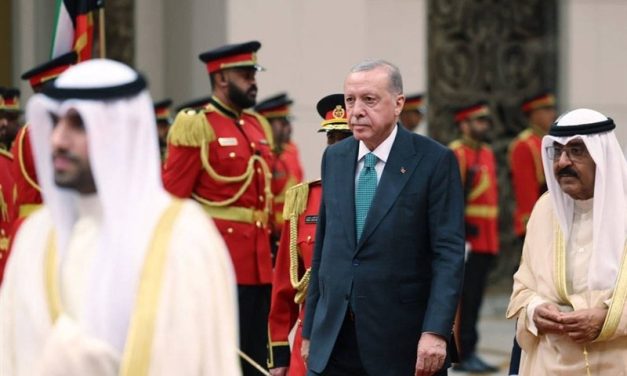
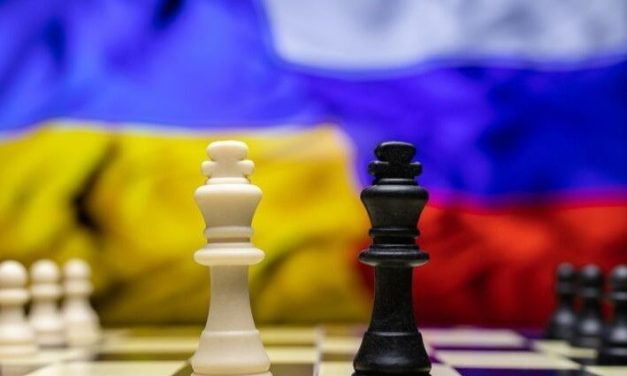
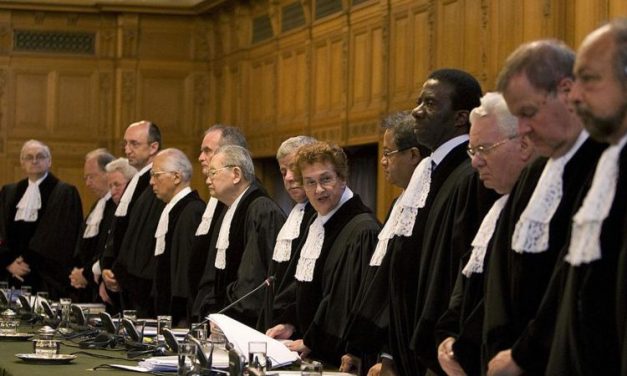
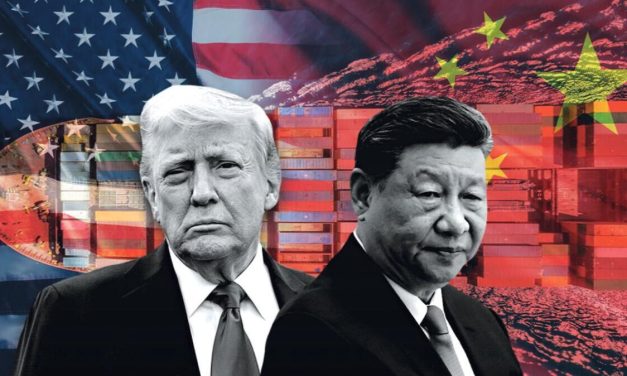
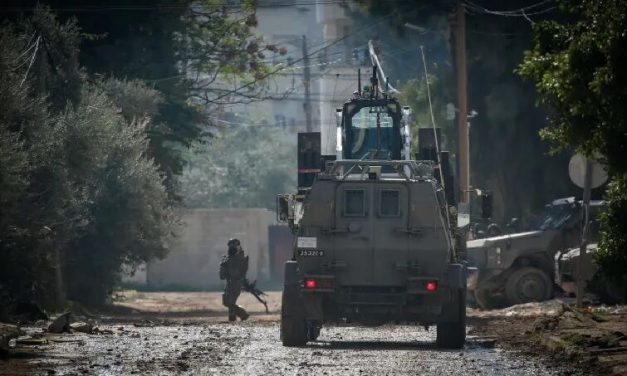

0 Comments